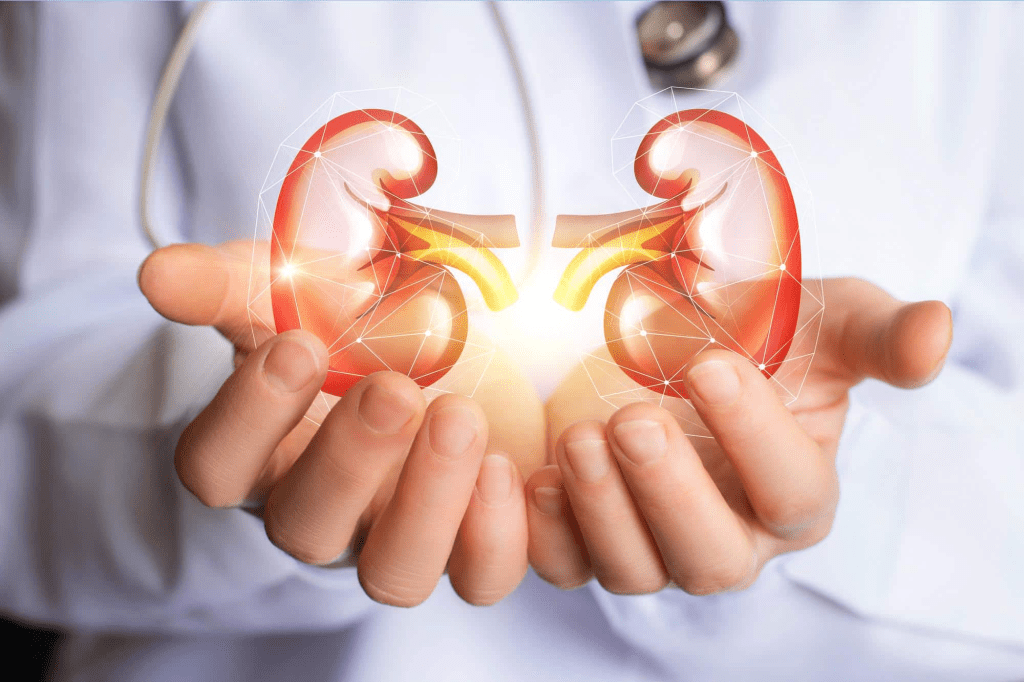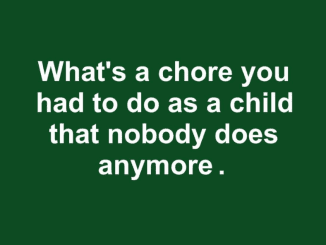Your kidneys are like the unsung heroes of your body—working 24/7, filtering out toxins, balancing fluids, and helping you stay alive and well. But here’s the scary part: when your kidneys are in trouble, they don’t always shout. Sometimes, they whisper.
Kidney disease is often silent in its early stages, which makes it especially dangerous. By the time symptoms become obvious, damage is usually already done. That’s why learning the early warning signs your kidneys may be in danger is so important.
Let’s break down the red flags, how your kidneys actually work, and what you can do right now to stay ahead of the curve.
Why Your Kidneys Matter More Than You Think

You might not think about your kidneys until something goes wrong—but they’re vital to nearly every function in your body.
Located just below your ribcage, one on each side of your spine, your kidneys filter 120 to 150 quarts of blood daily, getting rid of toxins through your urine. They also help regulate blood pressure, produce hormones that create red blood cells, and maintain bone health.
When your kidneys are in danger, you don’t just face the risk of poor health—you could be headed toward kidney failure, dialysis, or even the need for a transplant.
What Exactly Is Kidney Disease?
Kidney disease happens when your kidneys can’t do their job effectively. It can be triggered by several culprits: diabetes, high blood pressure, chronic infections, autoimmune conditions, or even inherited traits.
The worst part? You may not know you have kidney disease until it’s advanced. That’s why spotting symptoms early could be the difference between recovery and irreversible damage.
10 Warning Signs Your Kidneys May Be in Danger
Let’s get into the signs your kidneys might be waving a red flag. If you spot any of these, it’s time to pay attention—and possibly see a doctor.
Video : 9 Signs of Kidney Stones You Shouldn’t Ignore | How to Know If You Have Kidney Stones
1. Changes in Urination
Urine is your kidney’s report card. And if things start looking or feeling off, don’t ignore it.
Look for:
- Peeing more frequently, especially at night
- Trouble urinating or decreased output
- Foamy or bubbly urine (a sign of protein leakage)
These could be signs your kidneys aren’t filtering properly.
2. Constant Fatigue or Feeling Weak
Feeling wiped out all the time? Your kidneys may be struggling to produce erythropoietin, the hormone that triggers red blood cell production. Without enough red blood cells, your body can’t carry oxygen effectively—causing anemia, fatigue, and brain fog.
3. Swelling in the Feet, Hands, or Face
If you’ve suddenly got puffiness in your ankles, fingers, or face—especially in the morning—it might be fluid retention. When kidneys can’t filter well, excess salt and fluid build up in your tissues.
4. Persistent Pain in the Lower Back or Side
This isn’t your average sore muscle. Pain that lingers below your ribs or on your sides could point to kidney infection or stones. If the pain’s severe or radiates, don’t wait—seek help.
5. Loss of Appetite or Unexplained Weight Loss
When waste builds up in your blood, it can throw your digestion into chaos. You might feel full even after a few bites—or just not want to eat at all. Over time, this leads to unhealthy weight loss.
6. Nausea and Vomiting
That same toxin overload can affect your stomach, too. If you’re feeling sick, especially in the mornings or after meals, and there’s no flu in sight, it could be your kidneys waving a warning flag.
7. Trouble Sleeping at Night

Poor kidney function can mess with your sleep in multiple ways:
- Restless legs
- Muscle cramps
- Needing to pee multiple times a night
Lack of sleep only weakens your body more, creating a dangerous loop.
8. Metallic Taste in the Mouth
One of the weirdest signs? A constant metallic or ammonia-like taste in your mouth. This happens when uremia (a buildup of waste in the blood) affects your sense of taste and smell.
Food might taste off. You may even develop bad breath, no matter how often you brush.
9. Muscle Cramps and Twitching
Kidney issues often cause electrolyte imbalances, especially with calcium and phosphorus. The result? Random cramps, painful twitches, and even bone pain over time.
10. Itchy Skin That Just Won’t Go Away
Dry, itchy skin can be a sign your kidneys aren’t removing toxins well enough. When phosphorus levels rise in the blood, the skin reacts—leading to intense, persistent itching that regular lotions just won’t fix.
How to Lower Your Risk of Kidney Trouble
If those warning signs made your heart beat a little faster—good. That means you’re paying attention. Now let’s talk prevention.

Stay Hydrated—but Don’t Overdo It
Yes, drink water. But don’t drown yourself. Aim for 6–8 glasses a day, unless your doctor says otherwise. Too much water can also strain your kidneys.
Cut Back on Salt and Processed Foods
Salt raises blood pressure, and high blood pressure damages kidneys. Limit canned, packaged, and fast foods. Go for fresh produce, lean protein, and whole grains.
Manage Chronic Conditions Proactively
If you have diabetes or hypertension, don’t wait. Keep your numbers in check. These two conditions are the #1 and #2 causes of kidney disease worldwide.
Rethink the Painkillers
Regular use of NSAIDs (like ibuprofen) can be harsh on your kidneys. Talk to your doctor about safer alternatives if you’re using them often.
Get Screened If You’re at Risk
Have a family history of kidney problems? Over 60? Diabetic? Then regular checkups aren’t optional. Ask your doctor for blood and urine tests to monitor kidney function before any symptoms even show up.
When to Call a Doctor
Listen—if something feels off, don’t wait for it to get worse. If you notice any of the 10 signs above, especially more than one at the same time, it’s time to get checked out.
Your doctor might run tests like:
- Blood tests (to check creatinine and glomerular filtration rate)
- Urine tests (to detect protein, blood, or waste)
- Imaging (ultrasounds or CT scans for structural issues)
Video : The 5 Worst Foods for Our Kidneys! Dr. Mandell
Remember: the earlier you catch kidney trouble, the easier it is to manage.
Conclusion: Your Body Is Talking—Are You Listening?
Kidney disease doesn’t happen overnight. It’s a slow build, often filled with signs we brush off as “normal.” But your body’s trying to tell you something. Whether it’s fatigue, foamy urine, or mysterious weight loss—don’t ignore the signs.
The best time to protect your kidneys was yesterday. The next best time? Right now.


